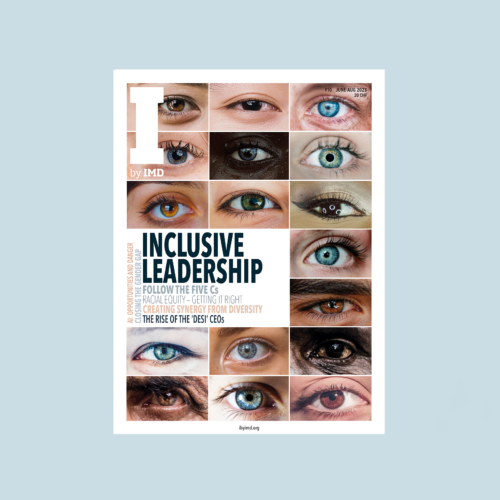Viewers who tuned in to Match of the Day, BBC Television’s long-running Saturday night football show, earlier this year, were in for a shock. Clips from that day’s Premier League matches were broadcast without commentary and there were no pundits in the studio. Everyone usually involved in presenting the program had walked out.
Behind the disruption was the BBC’s decision to suspend the show’s star presenter Gary Lineker, a former England and Barcelona footballer, over his Twitter criticism of the British government’s refugee policy. Lineker compared the government’s rhetoric about refugees to that used in 1930s Germany. BBC bosses regarded this as an infringement of the organization’s impartiality and told Lineker he could not present that week’s program. What they didn’t count on was that all the other presenters and commentators would also refuse to appear, in solidarity with Lineker. The BBC had to climb down. By the following weekend, Lineker and his fellow pundits were back on air.
There were complexities to the now infamous Lineker case. He was a highly paid contractor rather than a BBC employee. The details of his contract with the BBC were not publicly disclosed, but the affair highlighted what organizations and their staff around the world are discovering: the growth of social media in all its forms is raising tricky questions about what employees can and cannot say.
Before social media, the rules were reasonably clear. If you went out with friends for drinks after work, you could badmouth your boss, or sound off about the government, and, so long as no one else heard, you could get away with it. If you did the same in a public forum – in a speech at a trade conference, for example – you would expect your company to object, saying they didn’t want to be associated with your views. And if you insulted your boss from a public platform, the company might have fired you.
Nowhere to hide
Social media is a public platform. And as Cynthia Stohl, Distinguished Professor in Communications at the University of Southern California, Santa Barbara, pointed out to me, social media posts don’t disappear. After-work drinks conversation is lost in the hubbub; social media posts are permanent. Even if you delete them, some trace, a screenshot perhaps, can remain.
Added to this is the dissolving boundary between work and private life. The “bring your whole self to work” movement – that you should not have to hide your authentic personality from your colleagues – is, as Paul Thompson, Emeritus Professor at the University of Stirling, told me, an idea that many companies have promoted in an effort to make workplaces more inclusive. But by then setting rules for what they can say on social media, “employees are being given a mixed message. Companies are saying ‘bring yourself to work’ but don’t express yourself in a way that may embarrass the company.”


 Audio available
Audio available




